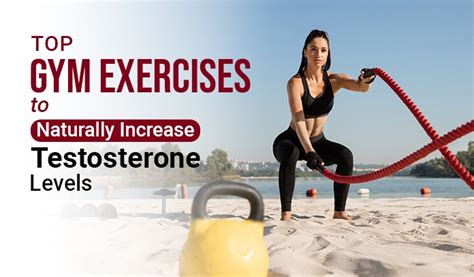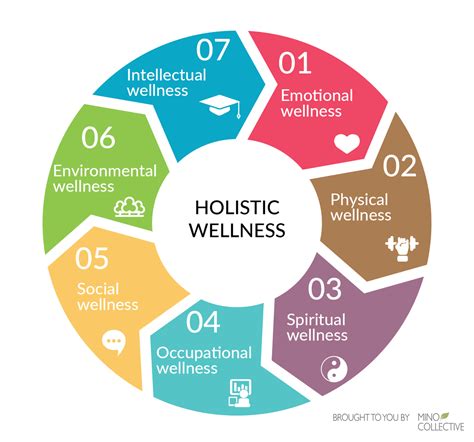How to optimize diet & exercise for natural testosterone & peak male performance?

Unlocking Peak Male Performance Through Natural Testosterone Optimization
Testosterone, the primary male sex hormone, plays a pivotal role far beyond just sex drive. It influences muscle mass, bone density, red blood cell production, mood, and cognitive function. As men age, testosterone levels naturally decline, but various lifestyle factors can accelerate this process or, conversely, help maintain optimal levels naturally. This article will delve into actionable strategies involving diet and exercise to boost your body’s natural testosterone production and unlock peak male performance.
The Testosterone-Diet Connection: Fueling Your Hormones
What you eat profoundly impacts your hormonal balance, including testosterone. A well-structured diet provides the necessary building blocks and signals for robust hormone production, while a poor diet can disrupt it.
Essential Dietary Components:
- Healthy Fats: Cholesterol is a precursor to testosterone, and healthy fats are crucial. Incorporate monounsaturated fats (avocados, olive oil, nuts) and polyunsaturated fats (fatty fish like salmon, flaxseeds). Avoid excessive trans fats and limit saturated fats.
- Adequate Protein: Protein is vital for muscle growth and repair, which indirectly supports testosterone. Aim for lean protein sources like chicken, turkey, lean beef, eggs, fish, and plant-based options such as lentils and beans.
- Complex Carbohydrates: While low-carb diets can be beneficial for some, extremely restrictive carbohydrate intake can negatively impact testosterone. Focus on complex carbohydrates like whole grains, fruits, and vegetables to provide sustained energy and support metabolic health.
- Micronutrient Powerhouses:
- Zinc: Essential for testosterone production. Found in oysters, red meat, pumpkin seeds, and spinach.
- Vitamin D: More of a hormone than a vitamin, adequate Vitamin D levels are strongly linked to healthy testosterone. Get sun exposure or supplement if necessary.
- Magnesium: Plays a role in many enzymatic reactions, including those involved in testosterone synthesis. Rich sources include dark leafy greens, nuts, seeds, and whole grains.

Exercise Strategies for Testosterone Boost and Muscle Growth
Exercise is a powerful natural testosterone booster. However, not all exercise is created equal when it comes to hormonal optimization. The key is to find the right balance of intensity and recovery.
Effective Exercise Modalities:
- Strength Training: Compound lifts (squats, deadlifts, bench presses, overhead presses) that engage large muscle groups are particularly effective. Aim for moderate to heavy weights with 3-5 sets of 5-10 repetitions. Progressive overload – gradually increasing the weight or resistance – is crucial for continued gains and hormonal response.
- High-Intensity Interval Training (HIIT): Short bursts of intense exercise followed by brief recovery periods can significantly elevate testosterone and growth hormone. Examples include sprints, battle ropes, or cycling intervals. Limit HIIT sessions to 2-3 times per week to avoid overtraining.
- Avoid Overtraining & Chronic Cardio: While cardiovascular exercise is important for heart health, excessive long-duration, moderate-intensity cardio can elevate cortisol (a stress hormone), which can suppress testosterone. Balance your cardio with strength training and prioritize recovery.

Beyond Diet & Exercise: Crucial Lifestyle Factors
While diet and exercise are foundational, other lifestyle elements significantly impact your hormonal health and overall performance.
- Prioritize Quality Sleep: Testosterone production largely occurs during deep sleep cycles. Aim for 7-9 hours of high-quality sleep per night. Poor sleep dramatically reduces testosterone levels.
- Manage Stress Effectively: Chronic stress leads to elevated cortisol, which directly interferes with testosterone production. Incorporate stress-reduction techniques like meditation, mindfulness, yoga, or spending time in nature.
- Limit Alcohol and Avoid Endocrine Disruptors: Excessive alcohol consumption can negatively impact testosterone. Be mindful of exposure to xenoestrogens and other endocrine-disrupting chemicals found in plastics, pesticides, and certain personal care products.

Putting It All Together: A Holistic Approach for Sustained Performance
Optimizing your testosterone and achieving peak male performance isn’t about quick fixes; it’s about adopting a sustainable, holistic lifestyle. It requires consistency in making informed dietary choices, engaging in effective exercise, and prioritizing recovery and mental well-being. Each component reinforces the others, creating a powerful synergy that promotes natural hormone balance.

Conclusion
Natural testosterone optimization is within your reach. By strategically adjusting your diet to include nutrient-dense foods, implementing smart strength training and HIIT into your routine, and dedicating attention to sleep and stress management, you can significantly enhance your body’s ability to produce testosterone. This integrated approach will not only boost your hormonal health but also pave the way for increased energy, improved mood, enhanced physical performance, and overall peak male vitality.









